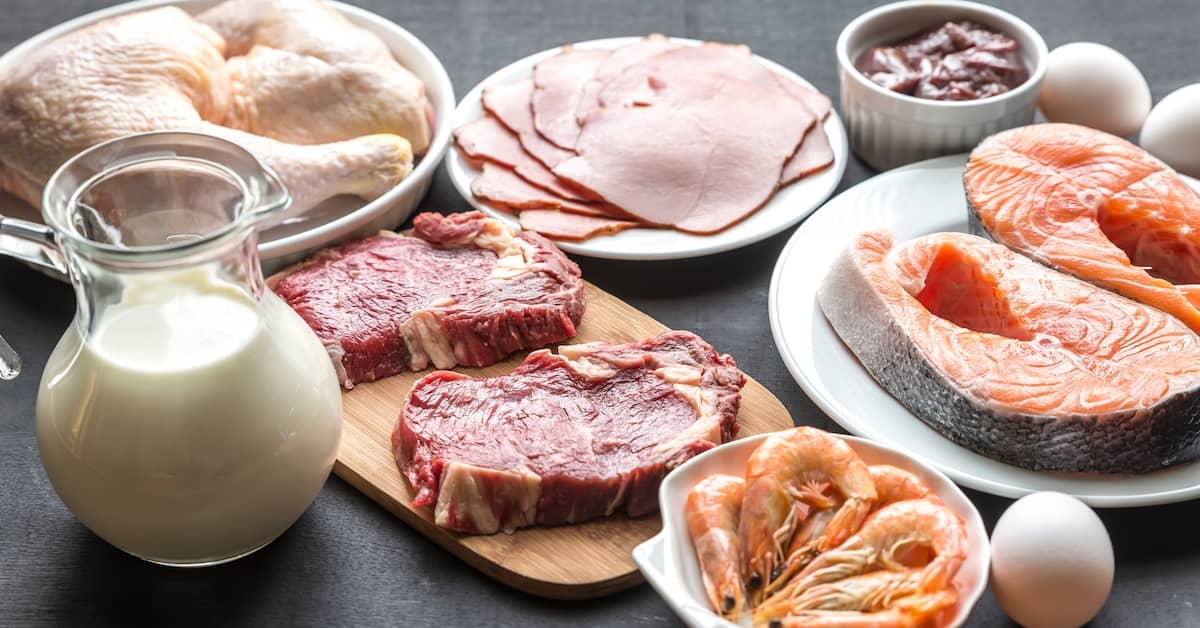
Taurine Boosts Your Brain’s Batteries
Meanwhile, other tests of taurine show you can use it for improving the function of mitochondria. The malfunction of mitochondria, the organelles in cells that supply them with energy, is now thought to be at the root of many brain problems and other illnesses. Studies in Japan have revealed that taurine is crucial for keeping mitochondria undamaged, a benefit that could improve the health of neurons. The synapses between neurons, where these cells pass electro-chemical signals to each other, are jam-packed with mitochondria. When these mitochondria fall down on the job, memory and other brain functions are compromised. According to the Japanese scientists, when mitochondria run short of taurine, their inner membranes may collapse, taking them out of service.4 And if you’re plagued with gum disease, you might consider taking taurine supplements. A small study on ten men in their thirties who were suffering chronic periodontitis showed that taking 500 mg a day of taurine for 15 days helped improve the body’s defenses against gum damage.5 But most of us probably don’t need supplements if we eat foods rich in taurine – mostly meats. It might be a different story if you’re a vegetarian. Another interesting fact – one of the important brain nutrients in seaweed is taurine.6 Some scientists believe that consuming seaweed – which contains other brain nutrients as well -- may have been crucial to our distant ancestors’ developing bigger, better brains and passing them along to us.- https://www.sciencedirect.com/science/article/pii/S1873506115000434?via%3Dihub#!
- https://www.nature.com/articles/s41419-018-0468-2
- https://onlinelibrary.wiley.com/doi/abs/10.1111/eip.12544
- https://www.ncbi.nlm.nih.gov/pubmed/29390138
- https://www.ncbi.nlm.nih.gov/pmc/articles/PMC4052649/
- https://link.springer.com/article/10.1007%2Fs10811-016-1049-3
